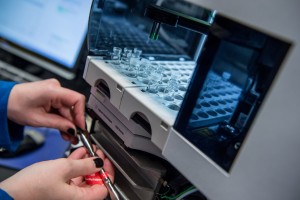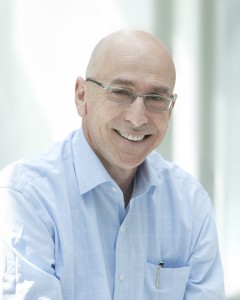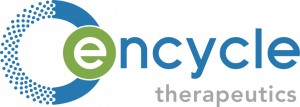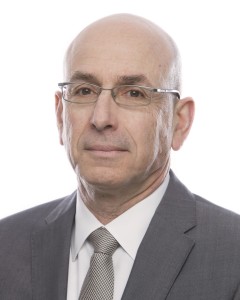Encycle Therapeutics raises $2.85 million to advance macrocycle platform and pipeline
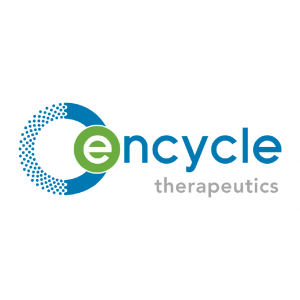 TORONTO, ON (September 30, 2015) — Encycle Therapeutics, Inc., a University of Toronto spin-off company created in partnership with MaRS Innovation, announced today that it has completed a $2.85 million (CAD) financing led by Takeda Pharmaceutical Company Ltd. through its venture capital arm, Takeda Ventures, Inc., with Accel-Rx Health Sciences Accelerator, BDC Capital and MaRS Investment Accelerator Fund.
TORONTO, ON (September 30, 2015) — Encycle Therapeutics, Inc., a University of Toronto spin-off company created in partnership with MaRS Innovation, announced today that it has completed a $2.85 million (CAD) financing led by Takeda Pharmaceutical Company Ltd. through its venture capital arm, Takeda Ventures, Inc., with Accel-Rx Health Sciences Accelerator, BDC Capital and MaRS Investment Accelerator Fund.
The funding will support ongoing development of Encycle’s unique nacellin platform chemistry and advance the company’s pipeline of novel therapeutics. It will also allow the company to build on research collaborations with several pharmaceutical companies and ultimately position it for a series A transaction and/or additional strategic partnerships.
“Our proprietary chemistry has the potential to unlock myriad therapeutic avenues, including via intracellular protein-protein interactions that cannot be targeted with conventional therapeutics,” said Dr. Jeffrey Coull, president and CEO of Encycle Therapeutics; upon the closing, Coull joined Encycle’s board of directions. “This funding is critical to enable the company to further explore the vast potential of our technology and to de-risk it to the extent that major transactions will be enabled.”
“Our goal is to make an impact on patients’ lives by turning science and technology into life-changing medicines. We are enthusiastic about Encycle’s technology and its potential in the context of ‘undruggable’ proteins,” said Dr. Ilan Zipkin, senior investment director at Takeda.
“Encycle’s growing momentum reflects MaRS Innovation’s efforts to shift the Canadian paradigm for technology transfer,” said Dr. Raphael Hofstein, chairman of the Encycle Therapeutics Board of Directors and president and CEO of MaRS Innovation. “This company began with promising research in Dr. Andrei Yudin’s laboratory at the University of Toronto. With crucial support from many players along the Ontario-Quebec life sciences corridor, MaRS Innovation collaborated with him to package and protect the technology, launch the company and hire experienced management. The success of this funding round bodes well for its future growth and success.”

